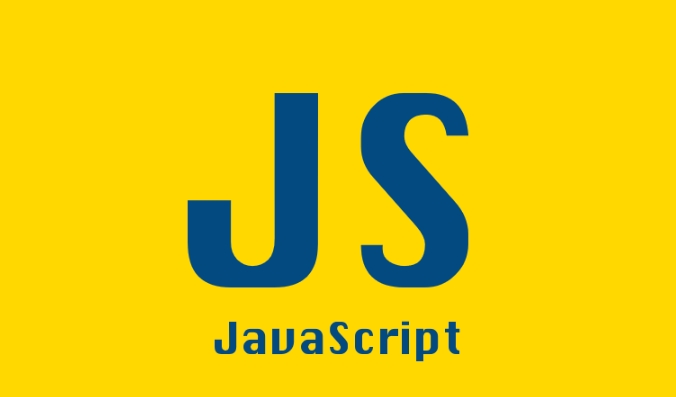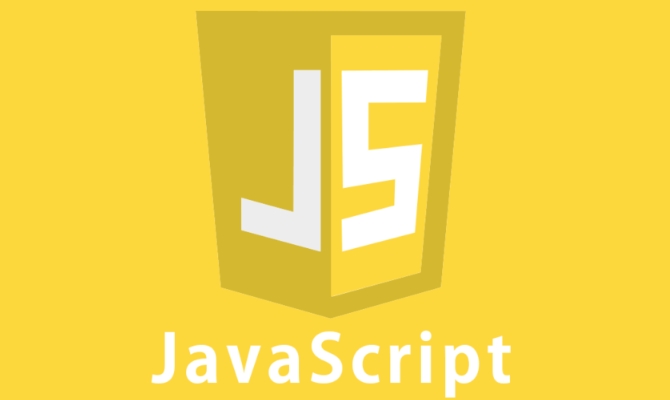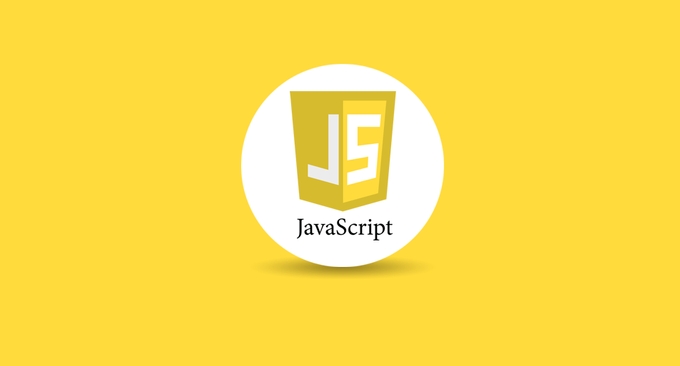Filtering Array Elements with the Javascript Filter Method
Jul 08, 2025 am 02:15 AMThe filter method of JavaScript is used to create a new array containing all elements tested by the callback function. 1. Basic usage: filter traverses each element of the array, and when the callback returns true, the element is retained, such as filtering numbers greater than 25; 2. Filtering object array: You can filter through object properties, such as selecting users with age greater than or equal to 18; 3. Multi-condition filtering: You can use logical operators to combine multiple conditions in the callback, such as meeting age greater than 20 and the name contains the letter "a"; 4. Dynamic filtering: Use the input box to realize the real-time search function, and dynamically update the filter results based on user input to ensure that upper and lower case insensitive.

Using JavaScript's filter method to filter array elements is actually a very practical and concise operation. It allows you to pick out members that meet the criteria from an array, generate a new array without changing the original array. The key is to write the judgment conditions, that is, the logic in the callback function.

Basic usage: How to write the simplest filter
The filter method will iterate over each element in the array and execute the callback function you provide for each element. If the callback returns true, the element will be retained and placed in the new array.

For example:
const numbers = [10, 20, 30, 40, 50]; const filtered = numbers.filter(num => num > 25);
The above code will leave numbers greater than 25, and the result is [30, 40, 50] . This is one of the most common uses of filter, suitable for filtering data that meets a certain numerical criteria.

Filtering object array: Filter data by attributes
Filter is also very useful when you are dealing with an array of objects. For example, you have a set of user data that you want to filter based on age, status or other fields.
For example:
const users = [
{ name: 'Alice', age: 25 },
{ name: 'Bob', age: 17 },
{ name: 'Charlie', age: 30 }
];
const adults = users.filter(user => user.age >= 18);This will allow adults to be picked out. This kind of scenario is particularly common when displaying data on the front end, such as only displaying activated accounts, unfinished tasks, etc.
Multi-condition filtering: Combination judgment is more flexible
Sometimes one condition alone is not enough, and multiple conditions need to be judged together. At this time, you can add logical judgment to the callback function.
For example, we want to find someone older than 20 and whose name contains the letter "a":
const results = users.filter(user => user.age > 20 && user.name.includes('a'));
Or you can write it more clearly:
users.filter(user => {
return user.age > 20 && user.name.toLowerCase().includes('a');
}); The small detail here is toLowerCase() to avoid case affecting the matching result. This multi-condition writing method is very practical in search and filtering functions.
Dynamic filtering with input box: Make the page move
filter is not only a static data processing tool, but also can perform real-time filtering with user input. For example, when making a search box, the list will be automatically updated as soon as the user types.
The HTML structure is roughly like this:
<input type="text" id="search"> <ul id="list"></ul>
The JS part can be written like this:
const names = ['Apple', 'Banana', 'Cherry', 'Date'];
const input = document.getElementById('search');
const list = document.getElementById('list');
input.addEventListener('input', () => {
const keyword = input.value.toLowerCase();
const filtered = names.filter(name => name.toLowerCase().includes(keyword));
list.innerHTML = filtered.map(name => `<li>${name}</li>`).join('');
}); This allows for a simple but effective search filtering function. Note that toLowerCase() has been used twice to ensure that the case does not affect the search results.
Basically that's it. Although the filter method is simple, it can solve many practical problems if used properly. The key is to understand its mechanism and how to write the correct judgment conditions.
The above is the detailed content of Filtering Array Elements with the Javascript Filter Method. For more information, please follow other related articles on the PHP Chinese website!

Hot AI Tools

Undress AI Tool
Undress images for free

Undresser.AI Undress
AI-powered app for creating realistic nude photos

AI Clothes Remover
Online AI tool for removing clothes from photos.

Clothoff.io
AI clothes remover

Video Face Swap
Swap faces in any video effortlessly with our completely free AI face swap tool!

Hot Article

Hot Tools

Notepad++7.3.1
Easy-to-use and free code editor

SublimeText3 Chinese version
Chinese version, very easy to use

Zend Studio 13.0.1
Powerful PHP integrated development environment

Dreamweaver CS6
Visual web development tools

SublimeText3 Mac version
God-level code editing software (SublimeText3)

Hot Topics
 Java vs. JavaScript: Clearing Up the Confusion
Jun 20, 2025 am 12:27 AM
Java vs. JavaScript: Clearing Up the Confusion
Jun 20, 2025 am 12:27 AM
Java and JavaScript are different programming languages, each suitable for different application scenarios. Java is used for large enterprise and mobile application development, while JavaScript is mainly used for web page development.
 Javascript Comments: short explanation
Jun 19, 2025 am 12:40 AM
Javascript Comments: short explanation
Jun 19, 2025 am 12:40 AM
JavaScriptcommentsareessentialformaintaining,reading,andguidingcodeexecution.1)Single-linecommentsareusedforquickexplanations.2)Multi-linecommentsexplaincomplexlogicorprovidedetaileddocumentation.3)Inlinecommentsclarifyspecificpartsofcode.Bestpractic
 How to work with dates and times in js?
Jul 01, 2025 am 01:27 AM
How to work with dates and times in js?
Jul 01, 2025 am 01:27 AM
The following points should be noted when processing dates and time in JavaScript: 1. There are many ways to create Date objects. It is recommended to use ISO format strings to ensure compatibility; 2. Get and set time information can be obtained and set methods, and note that the month starts from 0; 3. Manually formatting dates requires strings, and third-party libraries can also be used; 4. It is recommended to use libraries that support time zones, such as Luxon. Mastering these key points can effectively avoid common mistakes.
 Why should you place tags at the bottom of the ?
Jul 02, 2025 am 01:22 AM
Why should you place tags at the bottom of the ?
Jul 02, 2025 am 01:22 AM
PlacingtagsatthebottomofablogpostorwebpageservespracticalpurposesforSEO,userexperience,anddesign.1.IthelpswithSEObyallowingsearchenginestoaccesskeyword-relevanttagswithoutclutteringthemaincontent.2.Itimprovesuserexperiencebykeepingthefocusonthearticl
 JavaScript vs. Java: A Comprehensive Comparison for Developers
Jun 20, 2025 am 12:21 AM
JavaScript vs. Java: A Comprehensive Comparison for Developers
Jun 20, 2025 am 12:21 AM
JavaScriptispreferredforwebdevelopment,whileJavaisbetterforlarge-scalebackendsystemsandAndroidapps.1)JavaScriptexcelsincreatinginteractivewebexperienceswithitsdynamicnatureandDOMmanipulation.2)Javaoffersstrongtypingandobject-orientedfeatures,idealfor
 JavaScript: Exploring Data Types for Efficient Coding
Jun 20, 2025 am 12:46 AM
JavaScript: Exploring Data Types for Efficient Coding
Jun 20, 2025 am 12:46 AM
JavaScripthassevenfundamentaldatatypes:number,string,boolean,undefined,null,object,andsymbol.1)Numbersuseadouble-precisionformat,usefulforwidevaluerangesbutbecautiouswithfloating-pointarithmetic.2)Stringsareimmutable,useefficientconcatenationmethodsf
 What is event bubbling and capturing in the DOM?
Jul 02, 2025 am 01:19 AM
What is event bubbling and capturing in the DOM?
Jul 02, 2025 am 01:19 AM
Event capture and bubble are two stages of event propagation in DOM. Capture is from the top layer to the target element, and bubble is from the target element to the top layer. 1. Event capture is implemented by setting the useCapture parameter of addEventListener to true; 2. Event bubble is the default behavior, useCapture is set to false or omitted; 3. Event propagation can be used to prevent event propagation; 4. Event bubbling supports event delegation to improve dynamic content processing efficiency; 5. Capture can be used to intercept events in advance, such as logging or error processing. Understanding these two phases helps to accurately control the timing and how JavaScript responds to user operations.
 What's the Difference Between Java and JavaScript?
Jun 17, 2025 am 09:17 AM
What's the Difference Between Java and JavaScript?
Jun 17, 2025 am 09:17 AM
Java and JavaScript are different programming languages. 1.Java is a statically typed and compiled language, suitable for enterprise applications and large systems. 2. JavaScript is a dynamic type and interpreted language, mainly used for web interaction and front-end development.






